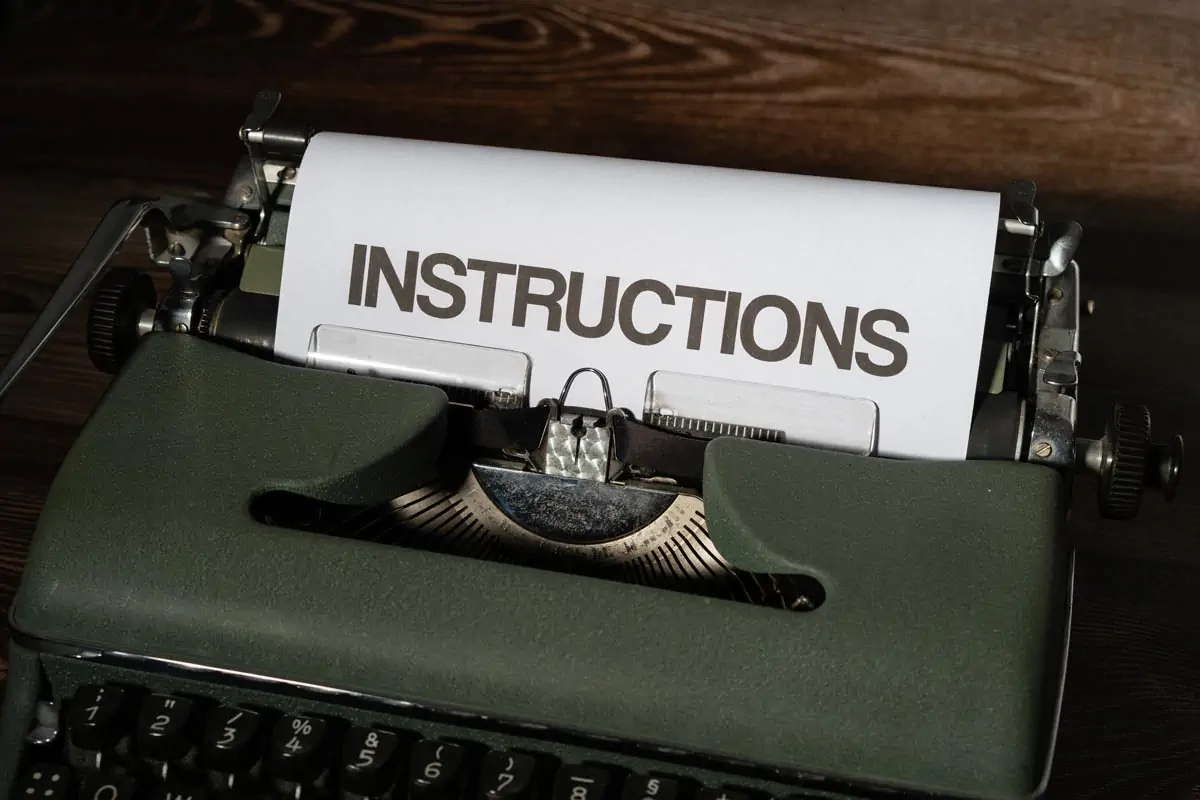When it comes to renting a property, there are two main options: leasing or renting. Both have their own set of pros and cons that you'll want to consider before making a decision. We'll break down the key differences between leasing and renting, as well as the pros and cons of each option.
Deciding on getting a condo for rent is a big step for any individual looking into having their own space. It requires as much commitment as buying one. That’s why it’s a good thing that services like DMCI Homes Leasing goes the extra mile to help you find your new home.
Lease vs. Rent is a topic that often comes up when people are looking for a new place to live. Although there’s confusion as to what one or the other entails, we’re here to help you understand them. By the end, you should have a better idea of which option is right for you.
 Photo courtesy of Karolina Grabowska via Pexels
Photo courtesy of Karolina Grabowska via Pexels
Leasing vs. Renting: The Key Differences
The biggest difference between leasing and renting is that, with a lease, you're signing a lease contract for a set period of time (usually 12 months or more). This means that you're locked into the property for the duration of the lease. With renting, there's no contract – you can give notice and move out at any time (although most leases will require you to give 30 days' notice).
Another key difference is that with a lease, you may have the option to renew at the end of the term. This gives you some stability and security, knowing that you won't have to move out at the end of your lease. With renting, there's no guarantee that you'll be able to renew your lease – it all depends on the landlord.
It's important to note that leases are typically more expensive than renting. This is because you're essentially signing a contract for a set period of time, which means the landlord has less flexibility in terms of raising the rent.
 Photo courtesy of RODNAE Productions via Pexels
Photo courtesy of RODNAE Productions via Pexels
Things you need to know before Leasing VS Renting
If you're trying to decide whether to lease or rent a property, there are a few important things you should keep in mind. Here are six things you need to know before making a decision:
- A lease is a contract that gives you the right to use a property for a specific period of time, typically 12 months or more. A rental agreement, on the other hand, is a more flexible arrangement that can be renewed on a month-to-month basis.
- A lease is typically more expensive than a rental agreement, as you're effectively paying for the option to purchase the property at the end of the lease term.
- A lease typically comes with a number of rules and regulations that you'll need to follow to be a responsible condo resident while renting often gives you more freedom and flexibility.
 Photo courtesy of energepic.com via Pexels
Photo courtesy of energepic.com via Pexels - A lease gives you the security of knowing that you won't have to move if you don't want to, whereas a rental agreement can be terminated with notice by either party.
- If you're leasing a property, you may be required to maintain it in good condition and make any necessary repairs. With a rental agreement, this responsibility usually falls to the landlord.
- Lease agreements often contain strict rules and regulations that must be followed, such as no smoking or pets allowed. With a rental agreement, these rules may be more relaxed. Check out this guide to know what to look for in a rental agreement.
Take the time to consider all of these factors before making a decision on whether to lease or rent a property. Weigh the pros and cons of each option to see what makes the most sense for you.
 Photo courtesy of Karolina Grabowska via Pexels
Photo courtesy of Karolina Grabowska via Pexels
Leasing vs. Renting: Which is right for you?
As we mentioned, there are pros and cons to both leasing and renting a property. Ultimately, the decision of which option to choose comes down to your individual needs and circumstances. This brings you to the next question of choosing between a short-term and long-term lease. If you're looking for a long-term rental agreement, then leasing may be the better option. However, if you're only interested in renting for a short period of time, then renting might be a better fit.
No matter which route you decide to go, make sure you do your research and weigh all your options before making a decision. Renting or leasing a property is a big commitment, so you want to be sure you're doing what's best for you.
 Photo courtesy of Kindel Media via Pexels
Photo courtesy of Kindel Media via Pexels
Leasing vs. Renting: Pros and cons
Now that we've gone over the key differences between leasing and renting, it's time to take a closer look at the pros and cons of each option.
Leasing: The Pros
- One of the biggest advantages of leasing is that it gives you the ability to lock in a rental rate for a set period of time. This can be helpful if you're concerned about rent prices going up in the future.
- Leases often come with the option to purchase the property at the end of the lease term, which can be a good way to build equity.
- Leases typically have stricter rules and regulations than renting, which can be a good thing if you're looking for a more stable and secure living situation.
 Photo courtesy of Karolina Grabowska via Pexels
Photo courtesy of Karolina Grabowska via Pexels
Leasing: The Cons
- One of the biggest disadvantages of leasing is that you're locked into the property for a set period of time, which can be problematic if your circumstances change and you need to move out before the end of the lease.
- It's typically more expensive than renting, as we mentioned earlier.
- Leases often come with a number of rules and regulations that you'll need to follow, which can be restrictive for some people.
 Photo courtesy of Markus Winkler via Pexels
Photo courtesy of Markus Winkler via Pexels
Renting: The Pros
- The biggest advantage of renting is that it gives you the flexibility to move out at any time, without having to worry about breaking a lease.
- Rent is typically cheaper than a lease, so it might be a better option if you're on a budget.
- Renting often comes with fewer rules and regulations than leasing, so you'll have more freedom and flexibility in how you use and live in the property.
 Photo courtesy of EKATERINA BOLOVTSOVA via Pexels
Photo courtesy of EKATERINA BOLOVTSOVA via Pexels
Renting: The Cons
- One of the main disadvantages of renting is that you won't have the option to renew your lease at the end of the term, which means you could be forced to move out with little notice.
- Because there's no contract, your landlord could raise the rent at any time – meaning you could end up paying more than you anticipated.
- Renting often comes with fewer rules and regulations than leasing, which might not be ideal if you're looking for a more stable living situation.
Making the decision: lease or rent?
The decision of whether to lease or rent ultimately comes down to your personal circumstances and preferences. If you're looking for stability and security, then leasing may be the better option. However, if you need more flexibility, then renting may be a better fit. Ultimately, it's important to weigh all of the pros and cons before making a decision.
 Photo courtesy of Ketut Subiyanto via Pexels
Photo courtesy of Ketut Subiyanto via Pexels
Key takeaways
As big of a step it is to decide to lease or rent a condo, it coincides with your preparation for condo life. Learning about the benefits and downsides of lease vs. rent allows you to look at the bigger picture of it all.
- Conduct enough research. Weigh the pros and cons. Take into consideration your personal circumstances before deciding whether to lease or rent. If you're still not sure which option is right for you, our experts at Apartments.com are here to help. We can answer all of your questions and help you find the perfect apartment, whether you're looking to
- Prepare to negotiate. Be prepared to move quickly. Get everything in writing. Budget for additional costs. Know your rights and responsibilities. Understand the difference between a lease and a rental agreement. Be aware of the pros and cons of each option. Consider your personal circumstances before making a decision.
- Explore your options. If you're not sure whether leasing or renting is right for you, take some time to explore your options. Talk to friends and family, search online, visit different properties, and talk to a real estate agent. Once you have a better understanding of the pros and cons of each option, you'll be able to make a more informed decision.
If you have any questions, or if you need help finding a property to lease or rent, please don't hesitate to reach out to us and we’ll be happy to recommend property options.
To learn more about DMCI Homes pre-selling and ready for occupancy projects, units for lease, and special promos, log on to www.dmcihomes.com or call (632) 5324-8888. You can also check out https://leasing.dmcihomes.com/ for currently available condos for rent.
News and other updates are also posted on the company’s official website and its social media accounts on Facebook, Twitter, Instagram, and YouTube.








